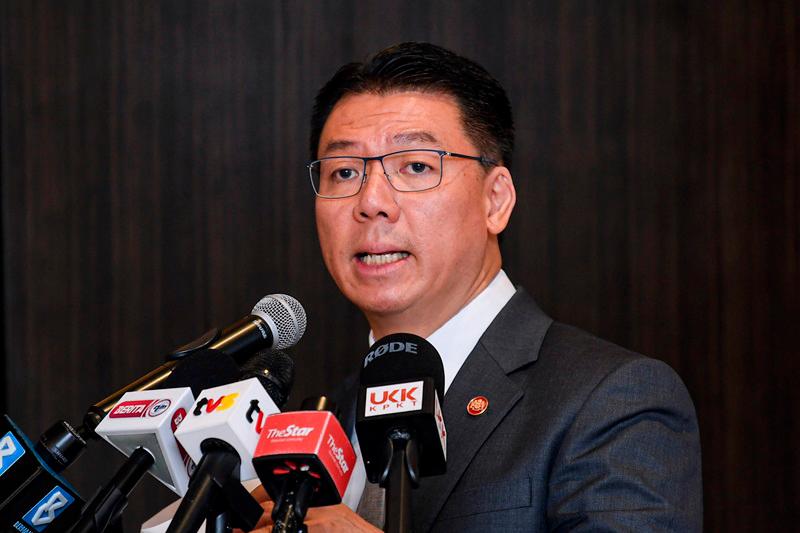PETALING JAYA: Twelve local authorities (PBTs) have had their ratings downgraded under the Local Authority Star Rating System (SPB-PBT) due to the introduction of anti-corruption elements in the system this year, said Housing and Local Government Minister Nga Kor Ming.
He said that the new assessment criteria were included to help improve the country’s position in the Corruption Perception Index (CPI) in line with the National Anti-Corruption Strategy (NACS) 2024-2028.
“This is the first time in history that we have included anti-corruption elements in the rating system...previously, (if a PBT) received five stars, now, with the new anti-corruption criteria in place, it might drop to four stars, but there are also (PBTs) that have seen their ratings improved.
“This year, we aim to ensure that the star rating truly reflects the performance of each local authority,” he told reporters after attending the PBT Convention 2024 here today.
He said the 12 PBTs that had been downgraded under the SBP-PBT would receive counselling to assist them in improving their ratings.
According to Nga, he had instructed all PBTs to focus on several key aspects of their new direction, particularly on enhancing integrity to serve as an example for public services.
“A circular has been issued mandating each PBT to establish an integrity unit so that they can cooperate with the Malaysian Anti-Corruption Commission (MACC) in line with NACS policy.
“To improve the ease of doing business, we want the PBTs to expedite the licence approval process, for investors to focus on developing the economy,” he said.
Nga stated that this included plans to develop an online system or a one-stop centre for processing both high-risk and low-risk business licence applications, aimed at facilitating and expediting the approval process.
“For low-risk business categories (such as sundry shops or food courts), (after they submit their applications in the morning), the public (applicants) can access the online system to check their documents. If everything is complete by the evening, they can collect their licences.
“As for high-risk businesses, such as veterinary services and mortuaries, we aim to reduce the processing time so that licences can be issued within 14 days once all conditions are fulfilled,” he said.
Regarding the smart city development target, Nga stated that Malaysia’s position in the World Smart City Index indicated the country was on the right track.
“Kuala Lumpur was ranked 89th in the World Smart City Index last year, but this year it jumped to 73rd place. However, we are still far behind Zurich, Switzerland (ranked first), Oslo, Norway (second), and Singapore (fifth).
“So there is still much to be done but we must ensure that we are making progress towards becoming a smart city,” he said.









